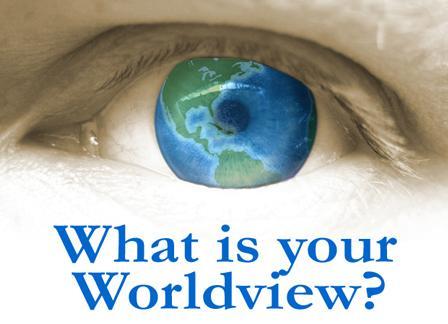Most anthropologists who come to know Native American worldviews undergo a transformation. While these transformations differ in their effects, they have one thing in common: they allow us to see, feel, and think the world differently. Things which are commonly taken for granted — such as the world order ordained by modernity, neoliberalism, nation-states, and consumer capitalism — are subject to scrutiny and alternative frames of reference, if not altogether different ways of being. I have undergone such a transformation myself and this makes it easy to identify fellow travelers. One such traveler is American Natural History Museum anthropologist Peter Whiteley.
In this sprawling Aeon essay on living Native Americans, their worlds, and the potential relevance of their views to modern life, Whiteley grapples with animist worldviews:
As an anthropologist, I am a scientist, and profess the standard commitment to search for objective truth via observation and reason; I cheerfully accept established scientific laws. Yet this commitment has often been challenged by my experiences among Native communities involving the natural world, which I am unable to explain by scientific reason. I have come to believe that such experiences point towards a different, genuinely sustainable relationship with nature. But taking account of them means listening much more carefully to other people’s world views than we have done to date.
Learning from this way of being in the world will require serious attention to Native perspectives: not just as a prop for some Western-conceived environmentalism that marshals the same old metaphysics in new bottles, but with a goal of refiguring the culture-nature, mind-body split that dominates much of Western thought. Such splits tend to reduce nature, including the human body, to physical forms and processes. According to this world-view, only human beings have minds. Nature is thus deprived of intrinsic sentience or conscious intentions: without those, or with only a token acknowledgement of their existence — such as a concern for animal suffering in animal rights — there can be no genuine ethics in human relations with other species. And upon our dualist metaphysics is built a whole scheme of global practices — political, economic, medical, even religious — that, notwithstanding its benefits, is the underlying cause of the present global environmental crisis. This is why I believe that refiguring our world-view is a prerequisite to solving, or at least ameliorating that crisis.
Many people continue to collect subsistence foods — berries, greens, tender pine cones, salmon, clams, etc — expressing age-old habits of relationship, and acknowledging their fundamental dependence on the natural environment of Haida Gwaii (‘islands of the Haida people’). The acknowledgement is not just theoretical: it is saturated with the sense of mutual sentience and engagement: matter-of-fact reports of respectful killer whales and solicitous bald eagles are very much part of everyday life….Just like the Haida, Hopis, who depend on the natural world for their spiritual and physical subsistence, look directly to it for guidance. For example, when a woman gathers plants for food or crafts, she typically returns to the places her mothers have been going for generations. More than once, I have heard a woman say that she feels directed by the plants themselves; sometimes, the plants want her to leave them for another time, and go to gather their more vigorous relatives in another patch. Plants, too, are sentient in this world-view, and have supernatural capacities beyond their intrinsic chemical properties. Some are regarded as particularly effective at drawing down clouds. Hopis have always sung to their plants.
Their whole relationship with the natural world is shot through with the same ethical structure in which they frame their relationship with fellow human beings.
Environmentalists view the natural world within conceptions deriving from Western cosmology – whether deriving from a scientific or a religious perspective. Fundamentally, humanity is conceived not as part of nature but outside it; nature is to be observed, imagined, manipulated, or aestheticized, but it is not a participatory player in the human condition itself. We must preserve, protect, nurture, etc: all transitive verbs depicting we (Western) self-conscious human subjects as the sole agentive player in the relationship; the natural world is thus equally objectified, albeit with different outcomes, by both a solicitous or an exploitative approach deriving from Western cosmology.
There are echoes here of Nurit Bird-David, Tim Ingold, Bruce Charlton, Calvin Luther Martin, Hugh Brody, Justin Smith, Eduardo Viveiros de Castro, and Robin Ridington. This list could be expanded to include animism scholars such Irving Hallowell, Philippe Descola, and Graham Harvey.
This outpouring of academic interest in animist worldviews has prompted another such scholar, Rane Willerslev, ironically to ask whether scholars are taking animism too seriously. I think not. Try it for some transformation.


